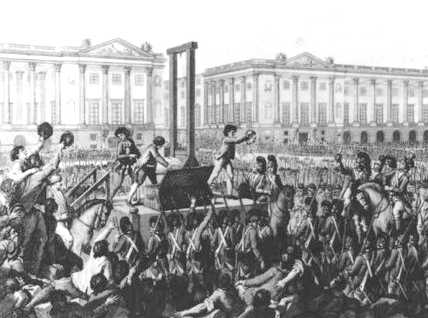_Goya.jpg)
http://es.wikipedia.org/wiki/Archivo:Capricho42(detalle1)_Goya.jpg
intention of the artist: Francisco's intention was to open the people's eyes by making a satirical critic of Spanish society in the 19th century
quality of work: It is a piece of art that is simple, but from one of the most famous artists in that epoch.
Response of the Audience:He was censored by the Spanish Inquisition.
Imitation: The work of art came from Spanish realism. Goya is a realistic artist.
Communication: Through this piece of art he showed his perspective about society. Goya compared the clergy and nobility with two happy donkeys that are carried by the peasants.
Education: Goya tried to open the eye's of his society through these series of drawings called "Los Caprichos".
http://es.wikipedia.org/wiki/Los_caprichos







































